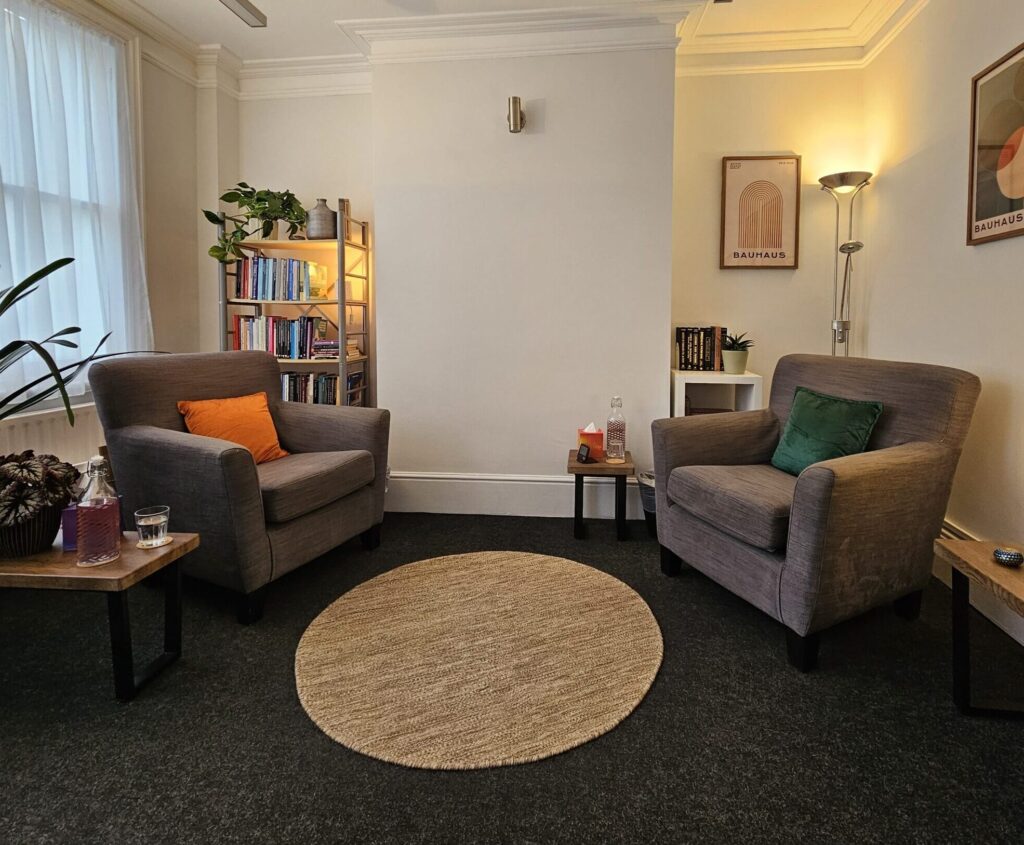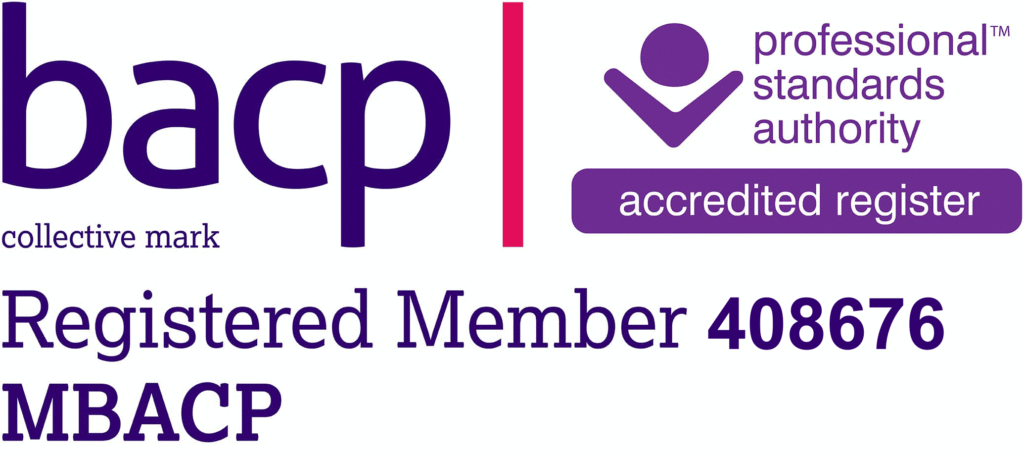Saky Otten Therapy

About my Practice
I work with individual adults, meeting weekly, either in-person or on-line.
Something I hold in mind with everyone I work with, is their unique identity and how this shapes their experience in the world. What pressures do you experience because of who you are and the body you are in? How does this show up in challenges day-to-day? How might you have been treated or (mis)understood by those around you?
I am particularly interested in relationships. I believe that our well-being and sense of self are strongly linked to our relationship to the world around us and the other people in it. This includes our parents or the people who raised us, our intimate partners, friends and perhaps the relationships we long for.
I trained as an integrative, relational therapist at the Minster Centre in London. Integrative means I draw on different theories and ways of thinking about psychotherapy, and incorporate them according to what feels appropriate and most relevant to you.
As well as private practice, I have experience working for a national leading mental health charity and a low cost counselling service.
Prior to becoming a therapist I spent 14 years in business, alongside which I volunteered for an LGBTQ+ helpline for 10 years.
About Therapy
There is no one reason that leads people to therapy.
You might be struggling with stress at work, loneliness, intimate relationships, or experiences from your past that are impacting how you experience the world today. Perhaps things feel difficult, and you’re not sure why
Therapy allows you to explore and make sense of your experiences and emotions. It can be a place to consider if you want to make changes and reflect on what might make life feel more fulfilling, less confusing, and maybe a little brighter.
I offer a warm, confidential, non-judgemental and collaborative space for you to explore your experiences, thoughts and feelings.

I work with a range of issues including:
- Depression, anxiety, and loneliness
- Bereavement
- ADHD
- Relationship difficulties
- Sex and sexual health
- Experiences of discrimination related to identity including; homophobia, transphobia, sexism, racism, ableism, and internalised stigma
- Work-related burnout, dissatisfaction and a diminished sense of fulfillment.
- Childhood trauma
Next Steps
1) Get in touch
Get in touch using the contact form, by email or by telephone. I will get back to you within 48 hours.
2) Discuss Preferences and Availability
We will discuss whether you are interested in online or in-person therapy and availability. We will agree a time that is convenient to both of us for an initial session.
3) Initial Session
During this session we will talk about what has brought you to therapy and what your expectations or goals for therapy are.
4) Deciding how to work together
The initial session will give us a chance to get to know one another and consider whether we will work together short-term (12 weeks) or in an open-ended way.
5) Ongoing sessions
If we decide to work together, we will meet at the same time each week for 50 minutes.
6) Regular Reviews
We will regularly review our work together to ensure that therapy continues to meet your needs and supports your goals and make necessary changes along the way




